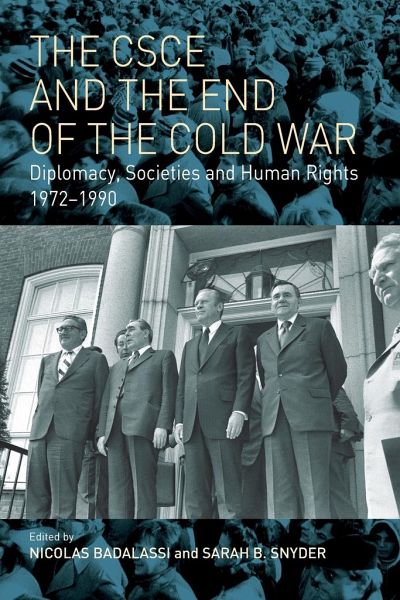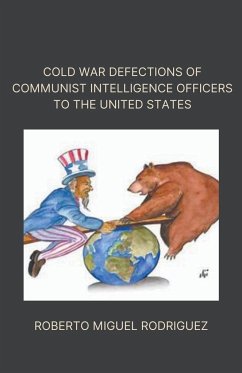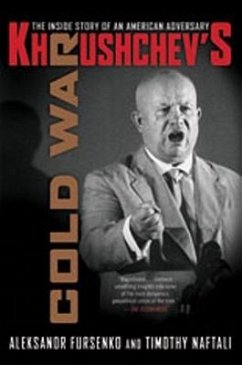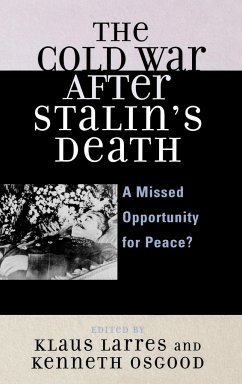
The CSCE and the End of the Cold War
Diplomacy, Societies and Human Rights, 1972-1990
Herausgeber: Badalassi, Nicolas; Snyder, Sarah B.
Versandkostenfrei!
Nicht lieferbar
From its inception, the Conference on Security and Cooperation in Europe (CSCE) provoked controversy. Today it is widely regarded as having contributed to the end of the Cold War. Bringing together new and innovative research on the CSCE, this volume explores questions key to understanding the Cold War: What role did diplomats play in shaping the 1975 Helsinki Final Act? How did that agreement and the CSCE more broadly shape societies in Europe and North America? And how did the CSCE and activists inspired by the Helsinki Final Act influence the end of the Cold War?













